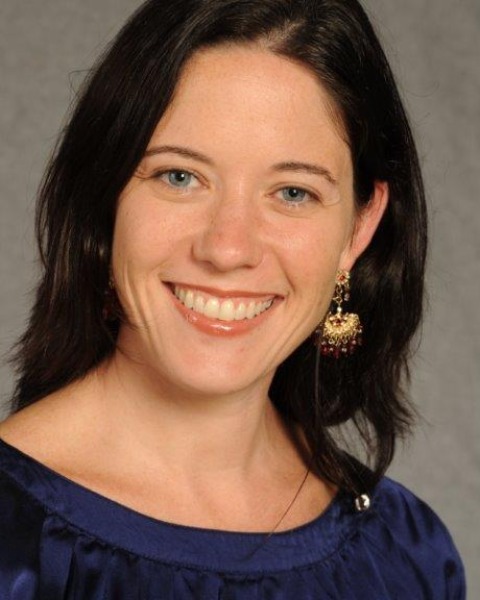Flash Presentation
Education/Interprofessionalism
Session: Clinical Ethics Consultations
An Important Seat at the Table: The Unique Role of the Genetic counselor in Health Care Ethics Consultation, Committee work and Ethics Education
Friday, September 20, 2024
8:45 AM - 9:45 AM CT
Location: Regency Ballroom B (First Floor)
Keywords: Diversity in Professional backgrounds for Healthcare Ethics Consultants, The Genetic Counselor's role in Ethics education
Abstract: Genetic counselors can be incredibly valuable members of a healthcare ethics consultation service, multidisciplinary clinical ethics committee, and ethics education service. An understanding of their training and professional roles may illuminate how hospitals and academic centers can better utilize them as a resource for promoting ethics discussion and education.
Genetic counselors are masters trained healthcare professionals who practice in clinical, research, academic and industry settings. Genetic counseling master’s program curriculum includes clinical, research, cancer and reproductive genetics education along with clinical ethics/ELSI and community identity and engagement coursework, and extensive rotation experience in counseling skills and clinical encounters.
The counseling and clinical skills of a genetic counselor position them to be uniquely qualified to be health care ethics consultants (HEC) and those who are part of a clinical ethics committee are well equipped to become HEC-C certified. Many genetic counselors have faculty appointments at their academic institutions and have extensive teaching, mentoring and clinical rotation supervision experience. There are numerous opportunities for them to provide ethics education to physicians, nurses, fellows and residents among other students and professionals.
This inter professional collaboration with genetic counselors benefits the bioethics community as a whole, by diversifying the voices who promote and contribute to bioethics work. Current examples of how genetic counselors have contributed to bioethics consultation, committee, policy and education in both academic and community hospitals as well as in ethics education in master’s training programs will be discussed.
Genetic counselors are masters trained healthcare professionals who practice in clinical, research, academic and industry settings. Genetic counseling master’s program curriculum includes clinical, research, cancer and reproductive genetics education along with clinical ethics/ELSI and community identity and engagement coursework, and extensive rotation experience in counseling skills and clinical encounters.
The counseling and clinical skills of a genetic counselor position them to be uniquely qualified to be health care ethics consultants (HEC) and those who are part of a clinical ethics committee are well equipped to become HEC-C certified. Many genetic counselors have faculty appointments at their academic institutions and have extensive teaching, mentoring and clinical rotation supervision experience. There are numerous opportunities for them to provide ethics education to physicians, nurses, fellows and residents among other students and professionals.
This inter professional collaboration with genetic counselors benefits the bioethics community as a whole, by diversifying the voices who promote and contribute to bioethics work. Current examples of how genetic counselors have contributed to bioethics consultation, committee, policy and education in both academic and community hospitals as well as in ethics education in master’s training programs will be discussed.
Learning Objectives:
After participating in this conference, attendees should be able to:
- Learn about the academic background and various professional roles of genetic counselors
- Appreciate how a genetic counselor's expertise and perspective can provide value to a healthcare ethics committee, clinical ethics consult service and ethics education service
- Demonstrate ways in which your institution may utilize genetic counseling professionals in the development or enhancement of a diverse, multidisciplinary ethics program

Margaret Menzel, MS,CGC, HEC-C (she/her/hers)
Genetic Counseling Faculty and Healthcare Ethics Consultant
Chilton Medical Center and Columbia University
Montclair, New Jersey
